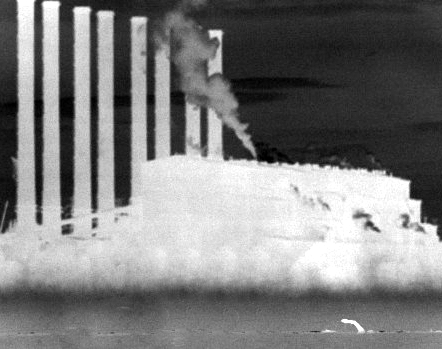Carbon cut credits proposed
 Experts have suggested charging companies for the future removal of their net carbon.
Experts have suggested charging companies for the future removal of their net carbon.
In a new suggested tactic to mitigate climate change, an international team of researchers propose that carbon debt be treated like financial debt, charging interest for physical liabilities, called ‘Carbon Removal Obligations’ (CROs).
By the end of this decade, it is predicted that the world will be more than 1.5°C warmer than pre-industrial times if CO2 emissions continue in the direction they were headed before the COVID-19 pandemic.
CO2 removal strategies, in which the amount of CO2 removed from the atmosphere exceeds the amount that is generated, are needed to achieve net-negative emissions.
However, CO2 removal practices are costly and need related economic policies to be discussed and put into action.
So, researchers have proposed a new economic tactic that makes CO2 emitters financially responsible for future CO2 removal.
They suggest that carbon debt could be treated like financial debt, including interest payments on physical liabilities, or ‘Carbon Removal Obligations’ (CROs).
Under this approach, interest payments on the CROs are expected to induce substantially more-ambitious decarbonisation in the near term, alongside earlier and less-aggressive deployment of CO2 removal.
The proposed scheme marks a shift from viewing CO2 emissions as permanent additions to the atmosphere to instead treating them as temporary quantities that are earmarked for removal at the moment of release.
Crucially, it is designed to prevent the cost of CO2 removal from being passed to future generations, the authors conclude.








 Print
Print